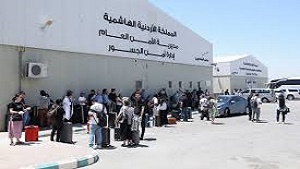The Freedom Charter, adopted on June 26, 1955, during the Congress of the People in Kliptown, Soweto, remains a cornerstone of SA’s constitution, shaping the nation’s political and social landscape.
Political Analyst Moeletsi Mbeki has stated that, despite the country's ongoing challenges, SA has made significant strides in achieving the goals of the Freedom Charter. In his assessment of post-apartheid SA, Mbeki highlighted key successes in realising the vision of the Freedom Charter.
"A lot of what the Freedom Charter wanted to be achieved has been achieved. For example, the 'People Shall Govern,' which is at the heart of the Freedom Charter, is democracy. SA has a functioning democracy; we have had elections, we have lost the count, and they are run professionally. All the participants are happy with the outcomes of the elections. So, in terms of the people governing the country through a democratic process, that has happened. All the racial laws have been removed from the books," Mbeki said.
The Freedom Charter, drafted by a diverse group of South Africans from all walks of life, called for a democratic, non-racial society where the people would govern. Today, SA boasts a stable democratic system, with free and fair elections that allow citizens to choose their leaders and participate in shaping the nation’s future.
--ChannelAfrica--













